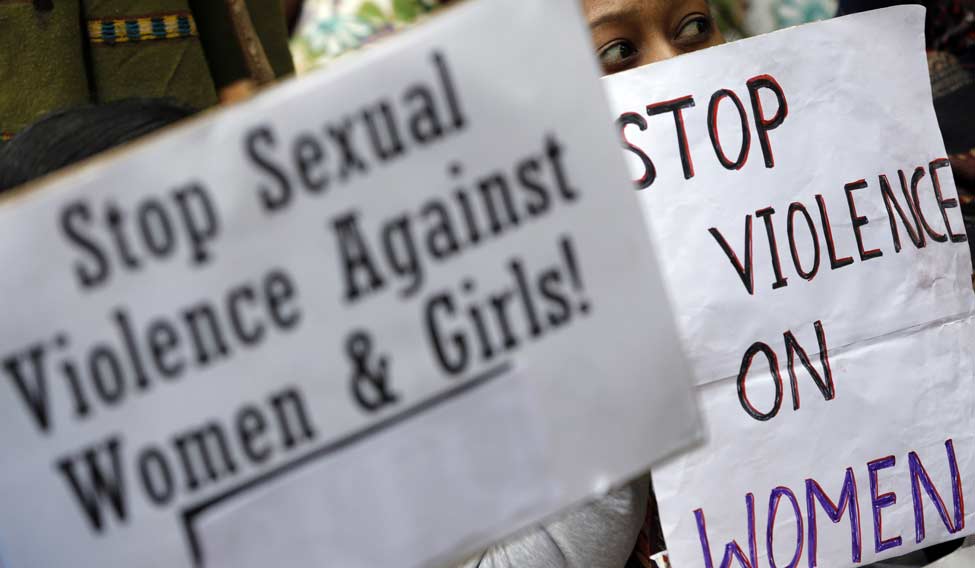Three men rape a woman after flinging her child to a pavement. Another three rape a woman for eight hours in a vehicle. A jilted lover and his friend abduct, rape and kill a woman. A neighbour lures a child to a secluded spot, rapes, burns and kills her.
Who are these seemingly ordinary people who turn into brutal violators and killers?
Psychologists, lawyers and the police have been struggling to make sense of what is being described as a culture of rape, especially in Delhi and its neighbourhood.
In Delhi, over six women are raped every day. According to the National Crime Records Bureau (NCRB), 95 per cent of all rapes in 2015 in the country were committed by a person known to the victim. A seven-year-old Chennai girl, for instance, was raped, burnt and killer by her neighbour in February.
A spate of rapes in recent weeks—including in Manesar, where a 19-year-old woman was raped in a van and her 9-month-old baby killed, in Sonepat, where the former lover raped, mutilated and killed the victim and the recent case of a woman who was picked up from Gurgaon and raped for almost eight hours in a moving vehicle—has turned the spotlight on the mind of the rapist, capable of unthinkable violence.
The director of the Institute of Human Behaviour & Allied Sciences, Nimesh Desai, attributes such criminal behaviour to factors like ingrained patriarchy and lack of gender sensitivity, as well as the internal distress and isolation of young men.
Referring to gang rapes, he says a "high risk behaviour" functions in groups, encouraging negative instincts.
"Anti-social and criminal behaviour happens more in groups. Groups provide the comfort, courage and a false sense of bravado and masculinity, resulting in a compromise in judgement," he says.
The senior psychiatrist, however, warns against theories on the "psychology of the rapist", stressing that these can give the impression of the crime being justified.
"When we try and explain the psychology of a rapist, the intentions are usually good, but what it does to the public mind is that it kind of sanctifies or justifies the act," he told PTI.
But the sheer numbers of rapes in the country—the NCRB states 2,199 rape cases were reported in Delhi and 34,651 in India in 2015—trigger questions on what makes rapists commit the most horrendous of acts.
(via PTI)




